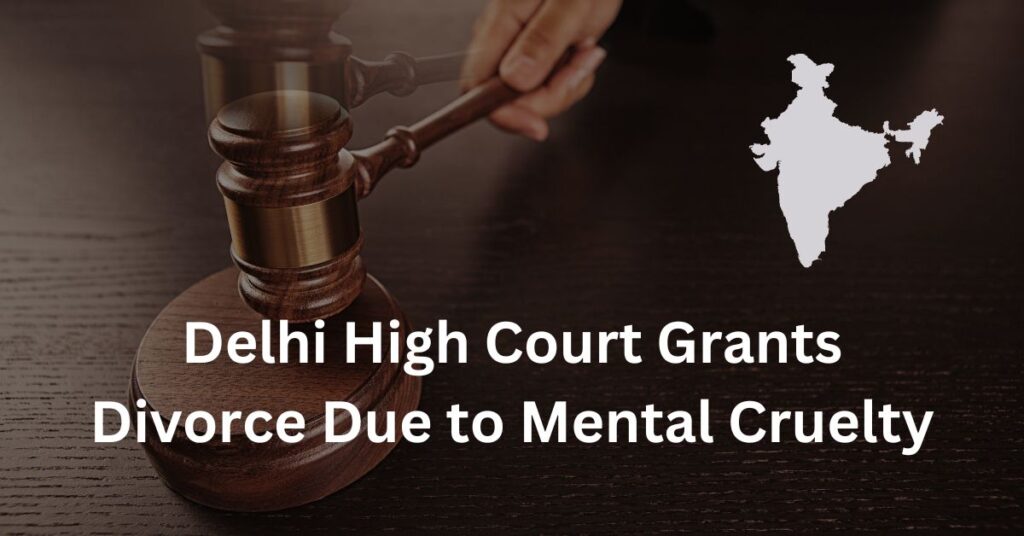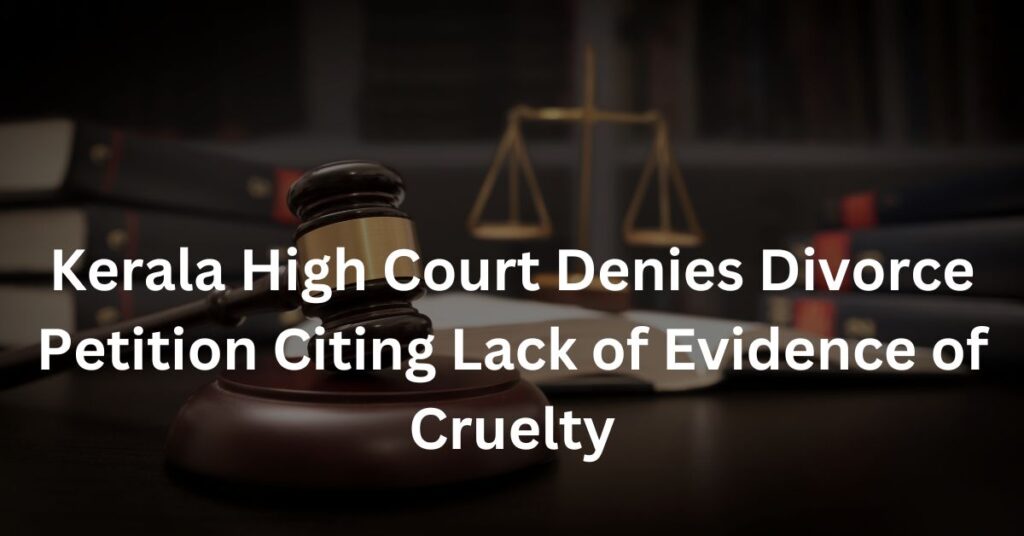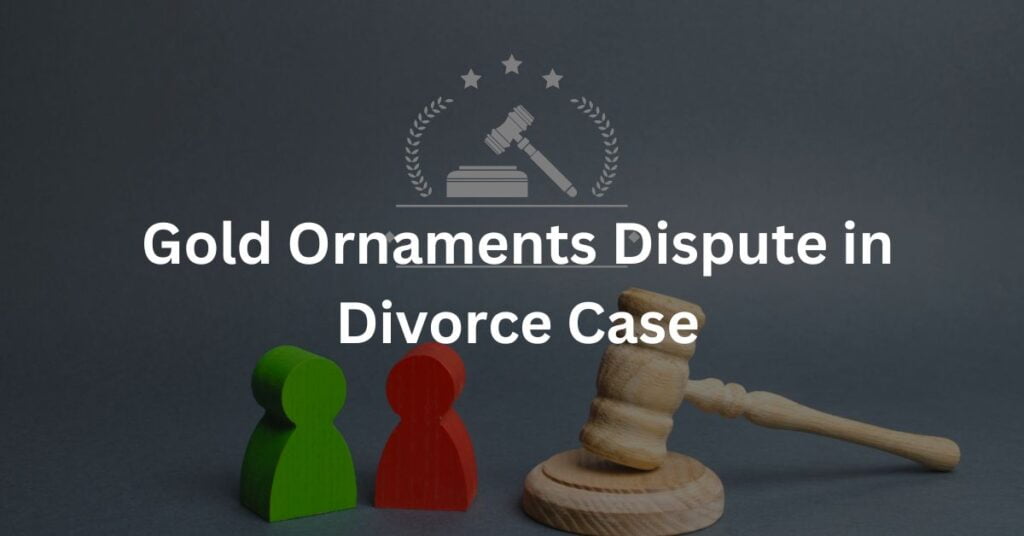The dissolution of a marriage through divorce can be a complex and emotionally charged process. In recent times, the legal concept of “condonation in divorce” has come into focus in a notable case, Nidhi Jain vs Ankit Jain. This case explores the significance of condonation as it pertains to acts of cruelty and the implications it carries in divorce proceedings. Let’s delve into the details of this case and gain a deeper understanding of the concept of condonation in the cases of divorce.
Table of Contents
ToggleThe Significance of Condonation in Divorce Cases:
In the context of divorce, condonation refers to the act of forgiving or overlooking a spouse’s past offense or misconduct. It implies that the aggrieved party has chosen to no longer hold the actions of the offending spouse against them, thus absolving them of the alleged wrongdoing. In the present case, the husband’s previous petition for divorce filed under Section 13 (1) (ia) of HMA, based on alleged acts of cruelty by his wife, was unconditionally withdrawn. The court ruled that this unconditional withdrawal amounted to condonation of the alleged cruelty, preventing the husband from seeking divorce on the same cause of action in the future.
Analyzing the Implications of Condonation
Condonation plays a crucial role in divorce cases, as it directly impacts the proceedings and the outcome. In this case, the court emphasized that the act of condonation cannot be taken lightly and should be examined within the specific context of each situation. While forgiving past misconduct may be a sign of reconciliation, it also has legal consequences that affect the validity of future claims for divorce based on the same grounds.

Taking Legal Recourse and Its Relationship with Condonation
The case also sheds light on the impact of taking legal action in matrimonial disputes. The wife in this case had filed petitions and applications before the court, which the husband alleged as acts of cruelty. However, the court clarified that merely seeking legal recourse does not automatically constitute cruelty. Instead, the intention and circumstances behind such actions must be carefully assessed to determine their legitimacy and impact on the marriage.
Conclusion
The present case highlights the importance of understanding the implications of forgiving past offenses or misconduct in matrimonial disputes. Condonation can significantly influence the course of divorce proceedings and the validity of future claims based on the same grounds.
Divorce cases are sensitive matters, and each situation demands careful consideration of the legal principles involved. Whether it’s condonation, cruelty, or other grounds for divorce, parties must navigate the legal process with empathy and prudence. The case serves as a reminder of the need for a comprehensive understanding of the nuances of condonation in divorce, ensuring a just and equitable resolution for all parties involved.


